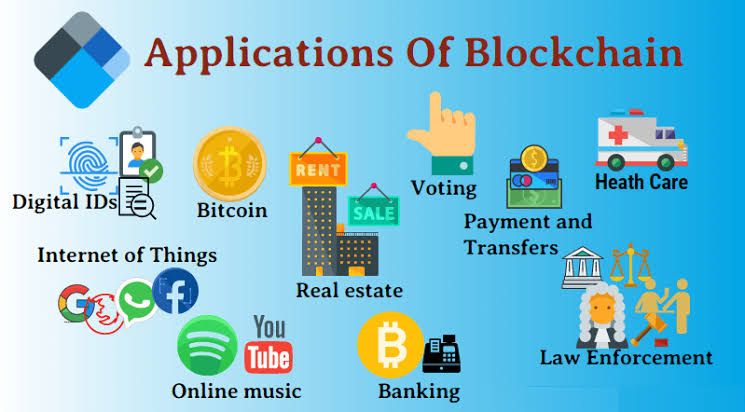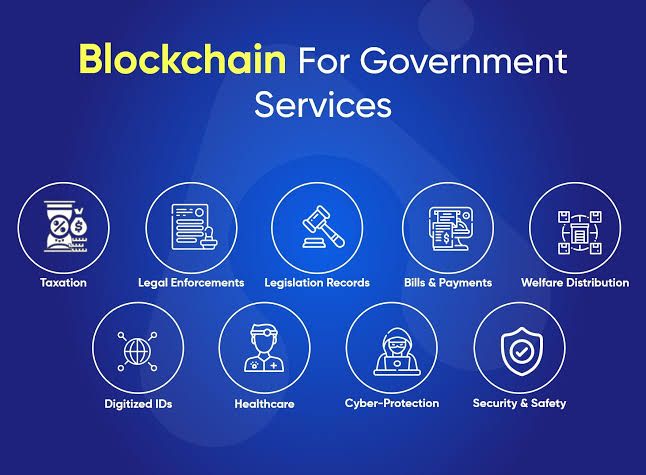THE BLOCKCHAIN
Blockchain technology is a decentralized, distributed ledger that allows for the secure, transparent, and immutable recording of transactions. It has the potential to revolutionize a wide range of industries, including finance, supply chain management, and voting systems.
The development of blockchain technology has progressed rapidly in recent years, with various organizations and individuals exploring the use of blockchain for a variety of purposes. Some of the key areas of development include:
Smart contracts:
These are self-executing contracts with the terms of the agreement between buyer and seller being directly written into lines of code.
Decentralized applications (DApps):
These are applications that run on a decentralized network, rather than on a single server or central authority.
Cryptocurrencies:
These are digital assets that use blockchain technology to facilitate secure, decentralized financial transactions.
Supply chain management:
Blockchain can be used to improve the efficiency and transparency of supply chain processes, such as tracking the movement of goods and ensuring the authenticity of products.
Identity verification:
Blockchain technology can be used to create secure and decentralized systems for identity verification, potentially replacing traditional methods such as government-issued identification documents.
There are many other potential applications for blockchain technology, and development in this field is ongoing. It is an exciting area of innovation with the potential to significantly impact various industries and aspects of our daily lives.
BLOCKCHAIN FOR GOVERNMENT SERVICES
Blockchain technology has the potential to revolutionize the way that governments operate and serve their citizens.
Here are a few reasons why governments around the world should consider adopting blockchain:
Improved security and transparency:
Blockchain technology allows for secure and transparent record-keeping, which can help governments reduce fraud and corruption. By storing data on a decentralized network of computers, it becomes much more difficult to alter or manipulate records. This can improve trust and confidence in government systems.
Streamlined processes:
Blockchain technology can help streamline and automate many government processes, such as the issuance of licenses, permits, and other documents. This can lead to increased efficiency and reduced bureaucracy.
Enhanced citizen engagement:
Blockchain technology can enable governments to create new ways for citizens to interact with and participate in the governance process. For example, governments could use blockchain-based voting systems to allow citizens to have a direct say in decision-making.
Increased financial inclusion:
Blockchain technology can help governments provide financial services to underserved or unbanked populations. By using digital currencies and other blockchain-based financial tools, governments can help bring more people into the financial system.
Increased efficiency:
By automating many government processes and reducing the need for intermediaries, blockchain technology can help reduce costs and increase efficiency.
While there are certainly challenges to overcome in implementing blockchain technology in government, the potential benefits make it worth considering as a way to improve the way that governments serve their citizens.
Thanks for Reading! Hope You've Learnt a thing or two!
Let L💖ve Lead!💕💞💓

